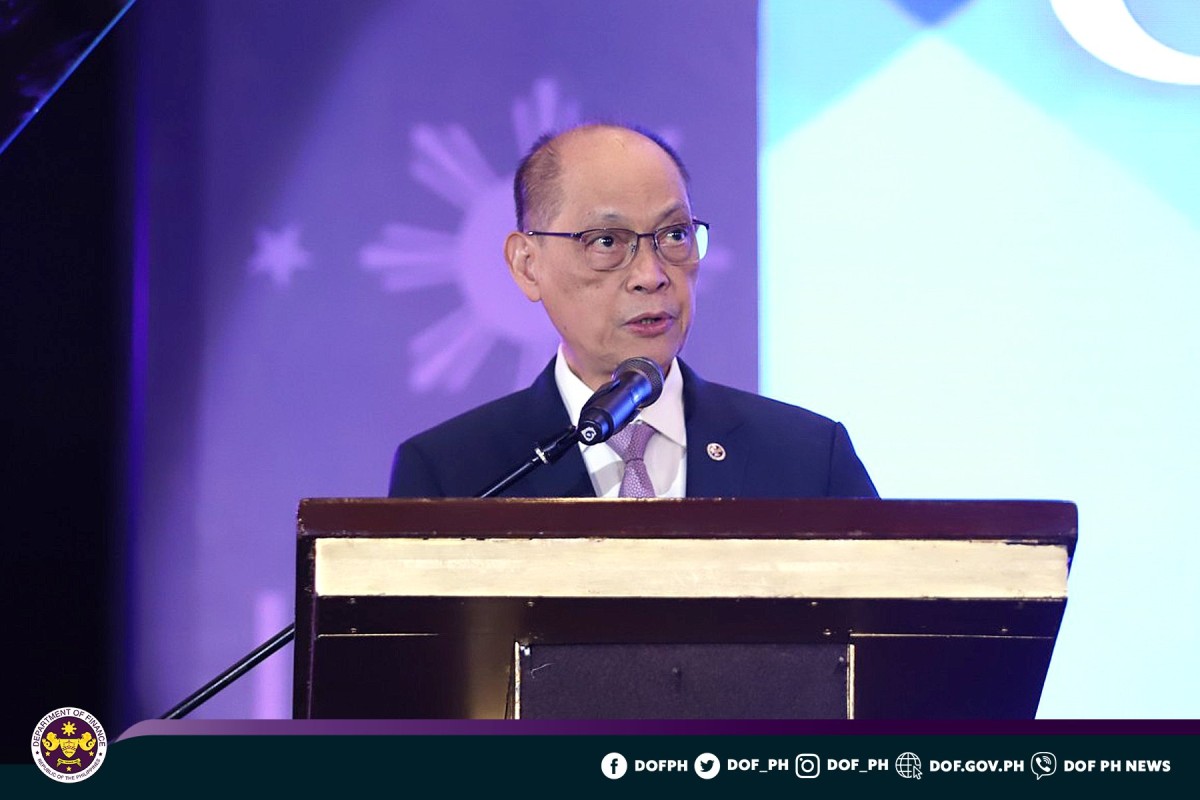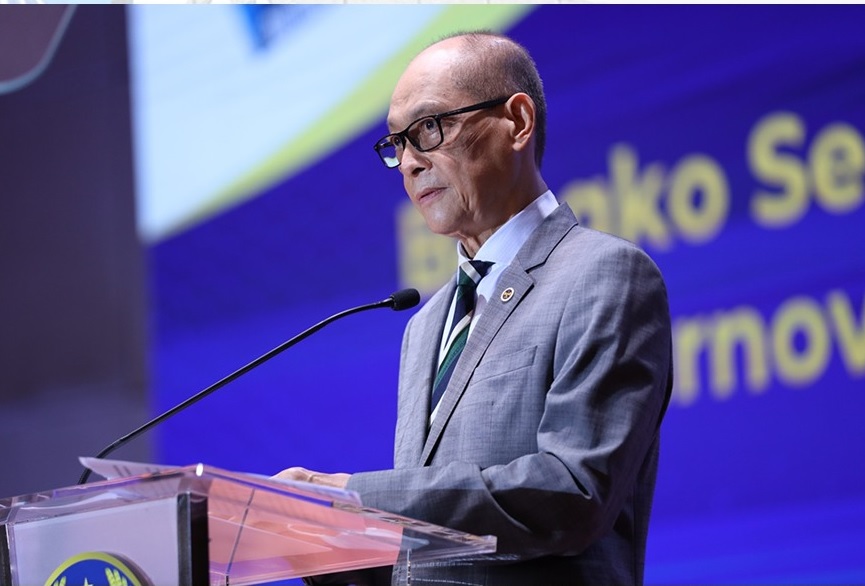QUEZON CITY (PIA) -- Finance Secretary Benjamin Diokno announced in a briefing with the Malacañang Press Corps on Sunday that the Marcos administration is set to conduct a comprehensive review of value-added tax (VAT) exemptions. The aim is to broaden the tax base and improve collection efficiency.
Sec. Diokno highlighted the need for this review, stating, "While we [have] the highest VAT rate compared to the other countries in this part of the world, [our] VAT collection is the most inefficient at only 40%." The Finance Secretary emphasized the importance of optimizing the tax system to ensure fairness and enhance revenue generation.
In a 2018 study conducted by the World Bank, it was revealed that the Philippines could be losing as much as Php 539 billion in revenue due to VAT exemptions and incentives, creating a substantial "policy gap." These exemptions, which fall outside the tax code, add complexity to tax administration and dilute the tax base.
In response to these findings, Sec. Diokno shared that the government is currently undertaking a comprehensive study to identify areas where excessive exemptions exist and explore ways to expand the tax base further.
Diokno stressed the advantages of consumption taxes, stating, "Consumption taxes are more progressive. This indicates that as income increases, households tend to spend a smaller proportion of their income on goods and services from the informal sector. Consumption taxes are also more neutral than income taxes since they are based on spending rather than income or wealth."
Presently, the Tax Code includes 29 transactions exempt from VAT to alleviate the burden on individuals, particularly for essential goods and services such as agricultural and marine food products in their original state, education, health services, and financial services.
During a sectoral meeting with the President, the Finance Secretary also presented the Department of Finance's (DOF) position on the distinction between registered export enterprises (REEs) and domestic market-oriented enterprises (DMEs) regarding fiscal incentives under the Corporate Recovery and Tax Incentives for Enterprises (CREATE) law.
Sec. Diokno emphasized the need to maintain the differentiation between registered exporters and domestic market-oriented enterprises to preserve the integrity of the tax system. CREATE law modernized the fiscal incentives regime by implementing a targeted, transparent, time-bound, and performance-based system that assesses fiscal costs and benefits systematically.
Recognizing the differing needs, markets, and profitability of REEs and DMEs, the CREATE Act provides more favorable fiscal incentives for REEs while discontinuing VAT incentives for DMEs. The Finance Secretary clarified that exporting firms are not subject to VAT as their goods are consumed outside the country, whereas DMEs should be subject to VAT as they produce goods for local consumption.
"[If] you're an export-oriented firm, you are competing with the rest of the world. Therefore, you should not be put at a disadvantage. Whereas if you're locally based, then you are competing with other local domestic industries," Sec. Diokno explained.
The government's review of VAT exemptions and incentives aims to create a more robust and efficient tax system while ensuring a fair and competitive environment for both local and export-oriented businesses. As the study progresses, the DOF will work toward striking a balance that benefits the country's economy as a whole. (DOF / PIA-NCR)




